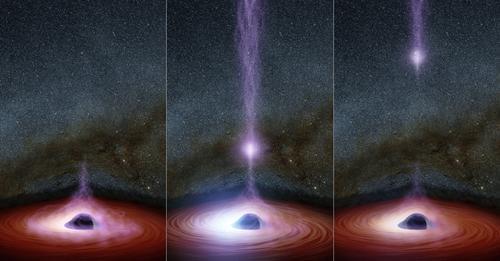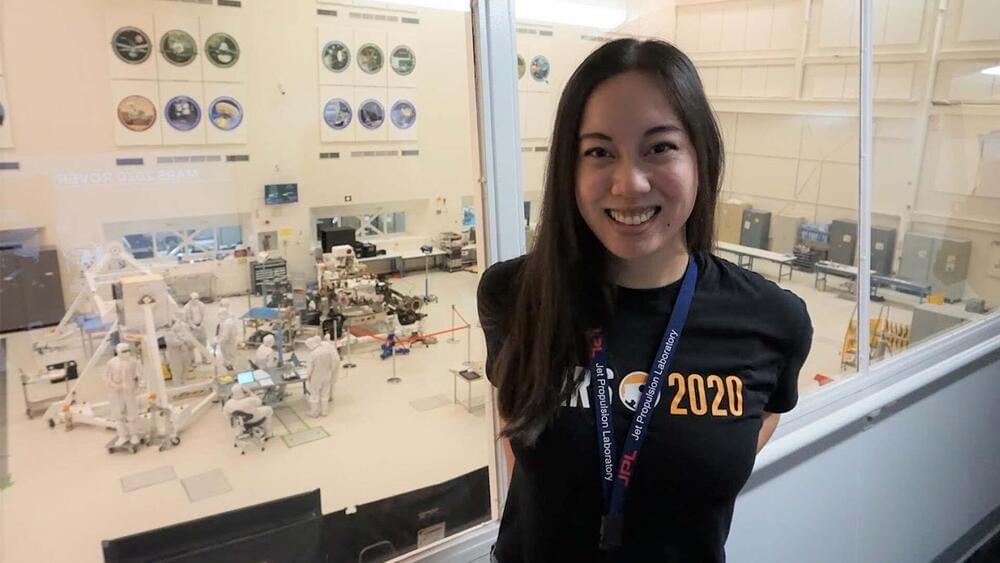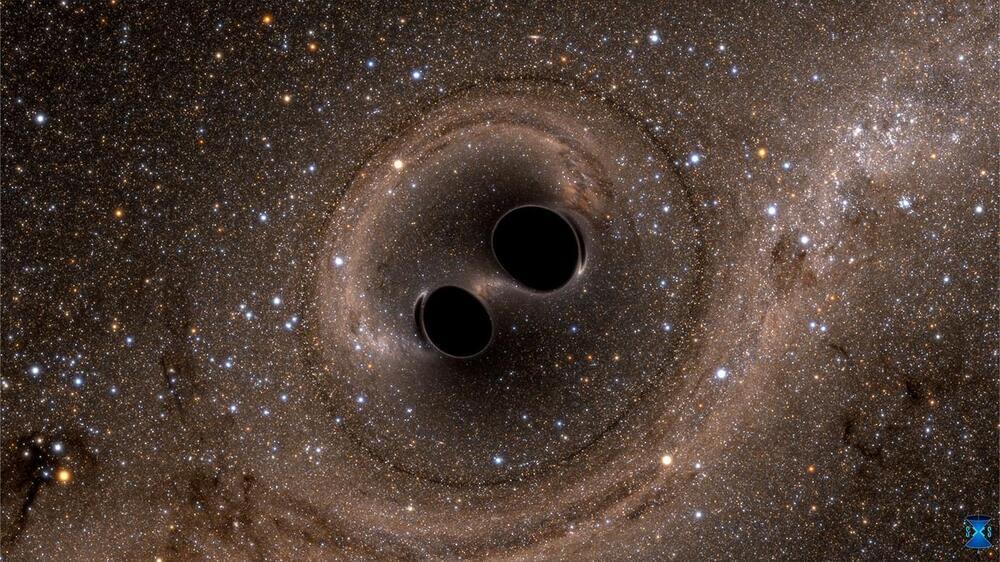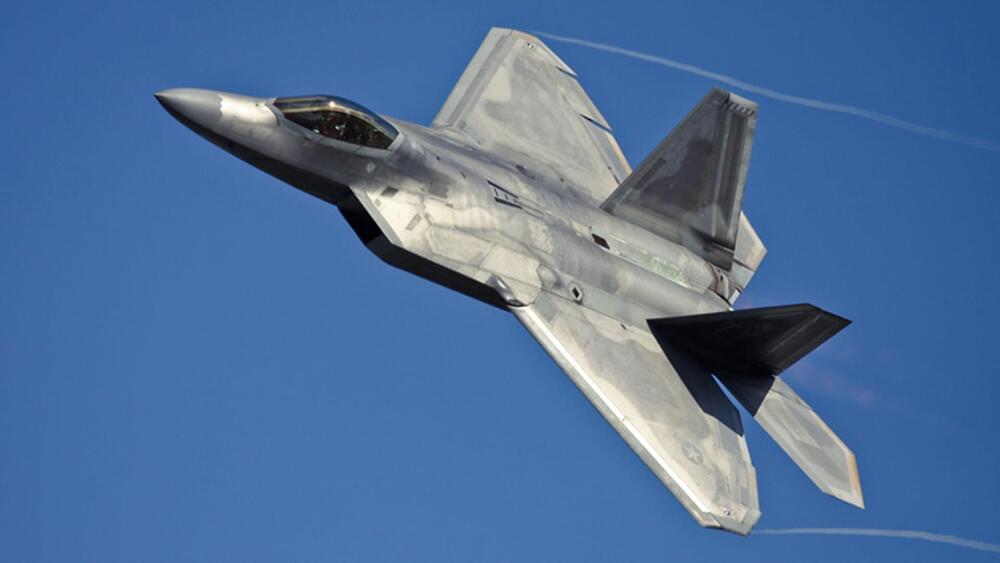Cells use selective autophagy or self-degradation of undesired proteins to maintain cellular homeostasis (i.e., a state of balance). This process is controlled by autophagy receptors, which mediate the selection of a target protein that is subsequently “cleared.”
Tau proteins, which play a crucial role in the internal architecture of neurons in the brain, abnormally accumulate within neurons in disorders such as dementia and Alzheimer’s.
Alzheimer’s disease is a disease that attacks the brain, causing a decline in mental ability that worsens over time. It is the most common form of dementia and accounts for 60 to 80 percent of dementia cases. There is no current cure for Alzheimer’s disease, but there are medications that can help ease the symptoms.





